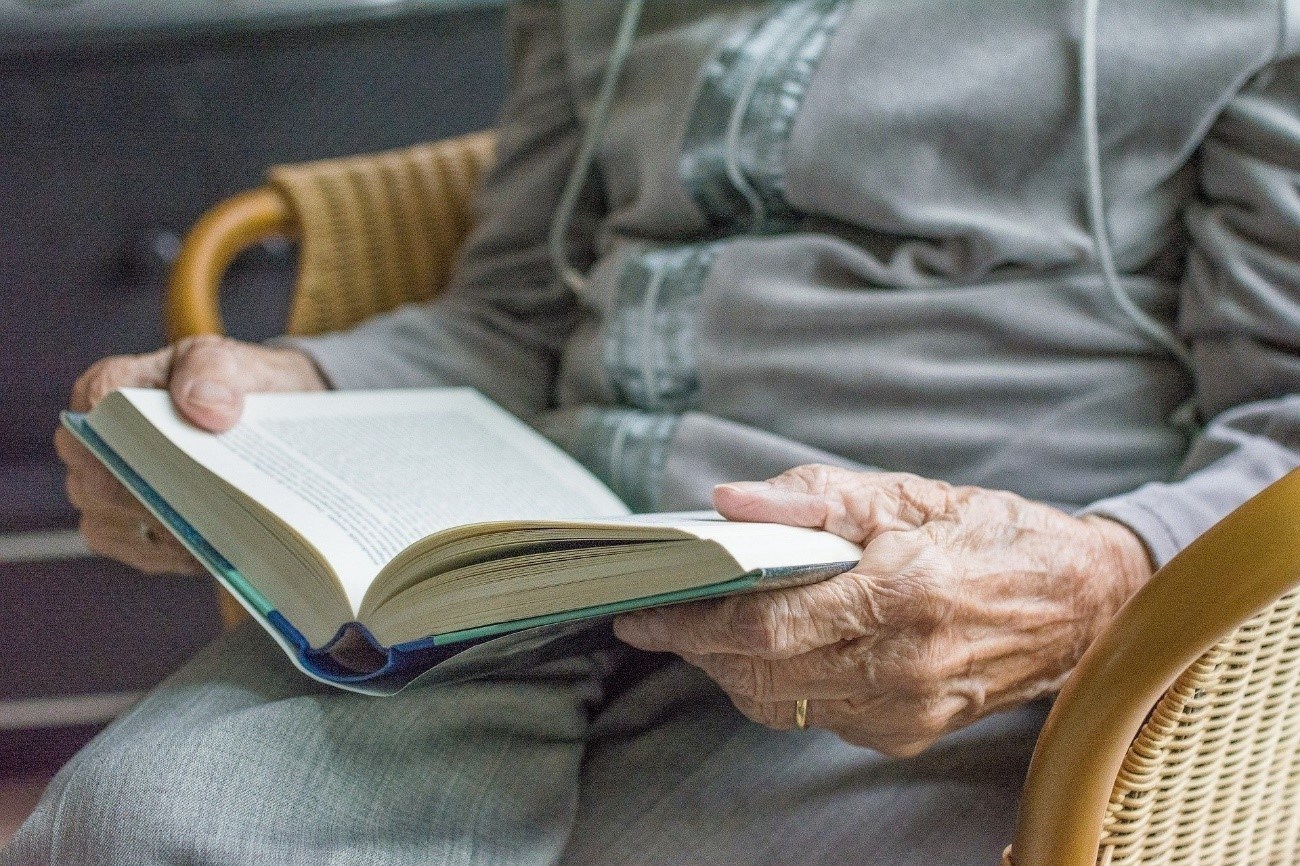
As we get older our eyes do too, and they present changes that we must control to have good eye health. In celebration of 2020: the year of the eye, the American Academy of Ophthalmology has published the most common age-related eye changes.
In the adult age, the eyes usually adapt less to the darkness than they used to do in the youth. This can be reflected in your vision when driving at night or in bad weather. The reason is that the canes of the eyes, those responsible for vision in low light, are altered with age.
Blefpharitis or eyelid inflammation is more common as we age. Its symptoms are red eyes and discomfort around the eyes, and sometimes flakes can appear around the eyelashes.
Older people tend to produce fewer tears, which triggers dry eyes. This change is very common in menopausal women.
The flashes of light in the vision are a typical symptom of vitreous alterations that degenerate with aging. If this occurs, you should ask your ophthalmologist because we must discard serious diseases such as retinal detachment that can give this same symptom.
Presbyopia or tired eyesight is very common after the age of 40. For this reason it is common to have difficulties when reading.
Sometimes, as we age, some people may have difficulty in distinguishing details from poorly contrasted objects. This confusion is called loss of contrast sensitivity.
Vitreous is usually condensed over the years. When this happens, the so-called myodopsies or floating spots may appear in the vision. Although it is painless, it is pertinent to check with the ophthalmologist, because they may be symptoms of a more serious process such as retinal detachment.
With age, eyes can become more sensitive to light. One way to minimize this is to use filters on digital screens, adjust the light in the house, and wear sunglasses when you leave the house.
The sense of balance changes as we age, increasing the likelihood of falls, mostly at home, which can lead to eye injuries.
Cataracts occur when the lens of the eye becomes opaque and the person cannot see well. It is estimated that more than half of all people over the age of 75 develop them. Their treatment is based on surgery.
ARMD is a very common pathology in people over 50. In its early stages of development this disease is asymptomatic and its treatment depends on each case, so it is recommended to see an ophthalmologist.
Our eyes absorb less blue light as we grow. As a result, our body secretes less melatonin, affecting our sleep cycle.
Glaucoma can appear at any age, although it is more common in older adults. This disease consists of damage to the optic nerve that can cause blindness if it is not treated in time.
Diabetic retinopathy is one of the most common causes of vision loss. This occurs when a person with diabetes experiences a sudden rise in sugar and it reaches the retina, which is damaged.
Eye melanomas are not very common in the population. However, it has been shown that the chance of suffering from them increases with age. For this reason it is very important to make periodic ophthalmological reviews.
Contact us or request an appointment with our medical team.